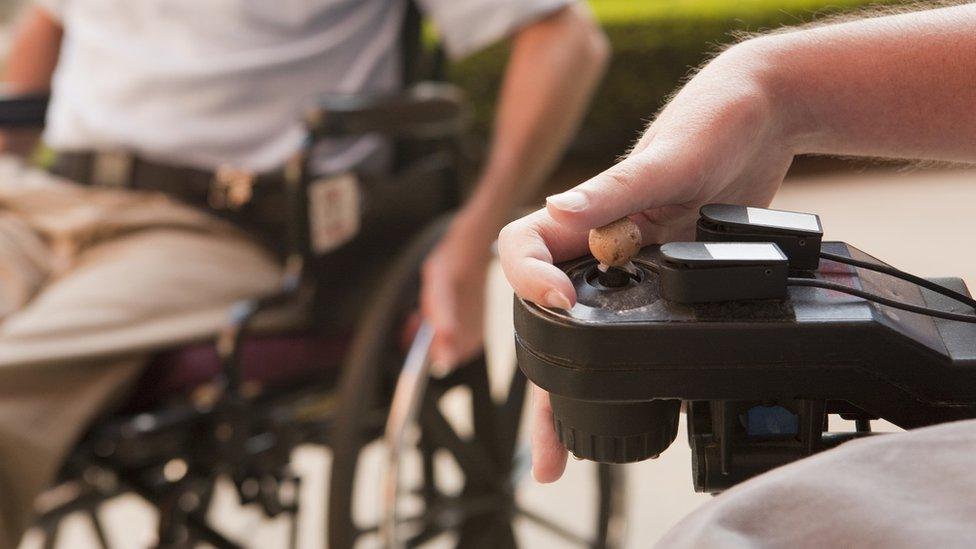Muscular dystrophy: Photographer Jack Moyse's art helps him cope
- Published
'Photography is like meditation for me'
As a typical 17-year-old, Jack Moyse enjoyed spending time with his friends and playing sports before his life changed.
He gradually noticed that the activities he enjoyed were becoming physically harder.
"It became quite noticeable that I wasn't as capable as my teammates and that something wasn't quite right," he recalled.
Jack, from Swansea, was diagnosed with Facioscapulohumeral Muscular Dystrophy (FSHD) - a condition, external that means his muscles are weakening faster and earlier than normal and, 10 years on, he still lives with daily pain.
Sometimes even the simplest task such as climbing stairs is a painful challenge.
"It makes a lot of everyday tasks really difficult. It takes a lot of energy. In those moments, I'm quite aware of my difference," said Jack, 27.
"In the past couple of years, because my condition has been getting worse, I have been facing more discrimination from a very small minority."
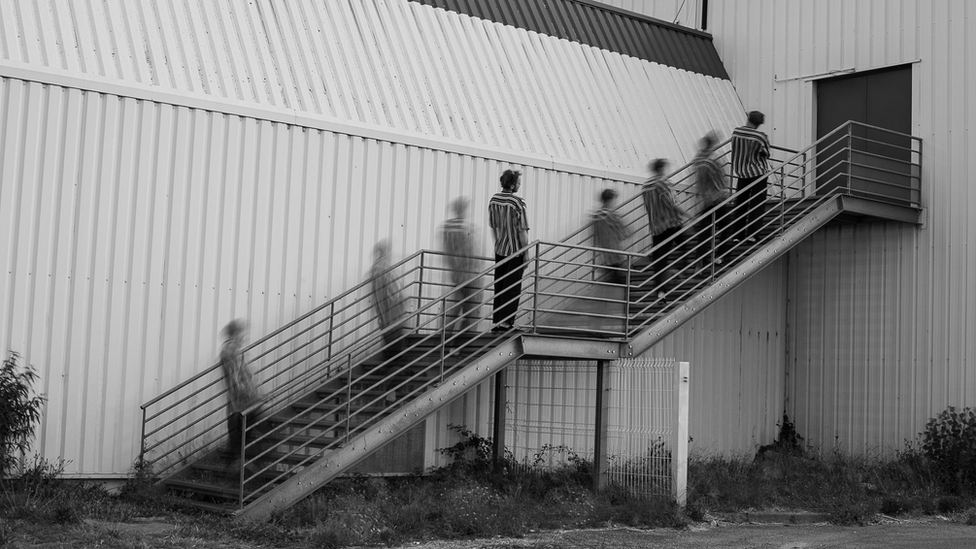
A friend suggested Jack used his photography to "try and make sense of some of the feelings that were haunting me"
As well as the physical impact, FSHD has taken an emotional toll on Jack, who admits his mental health has taken a "beating" from not talking about his condition, leaving him with anxiety and depression.
"I found it very difficult," he said.
'In quite a dark place'
"My way of dealing with it probably wasn't the healthiest was but it was by shutting down and not really talking about it. I shut down any conversations about it for maybe eight years. I didn't want to deal with it.
"I was in quite a dark place. A friend suggested I use my skills as a photographer to try and make sense of some of the feelings that were haunting me."
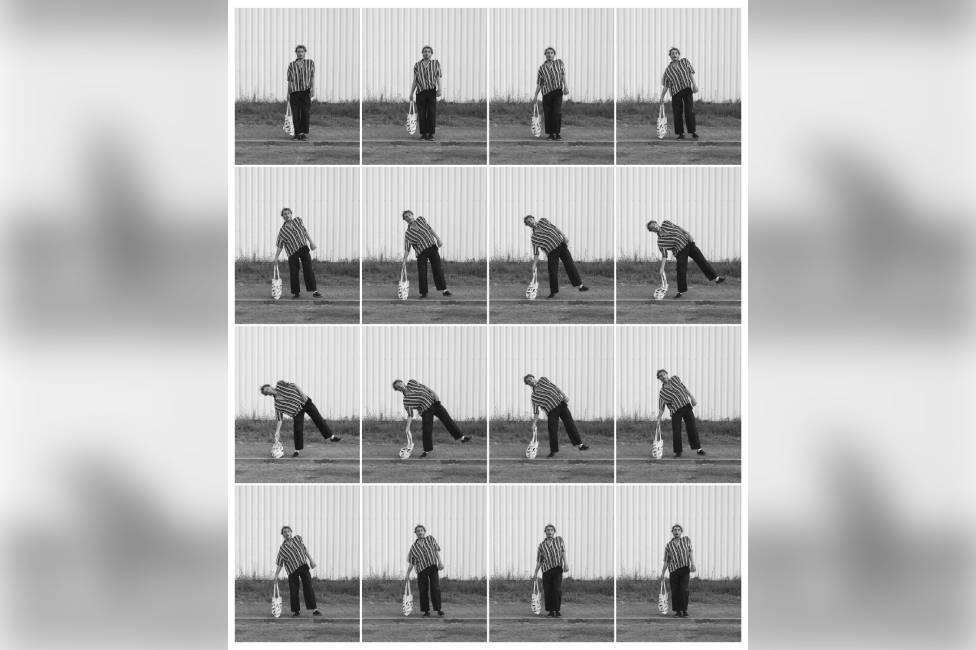
"Photography and the process of taking the photo really allows me to explore and explain my feelings," says Jack
Making art has changed Jack's life. Despite the continual challenges, photography has enabled him to express his feelings as well as raising awareness of his disability.
"Photography and the process of taking the photo really allows me to explore and explain my feelings."
In his most recent project, entitled What It's Like Being Me, he explores how the condition affects his mental health.
"I find it cathartic because it's just me and the camera. It's almost meditative."
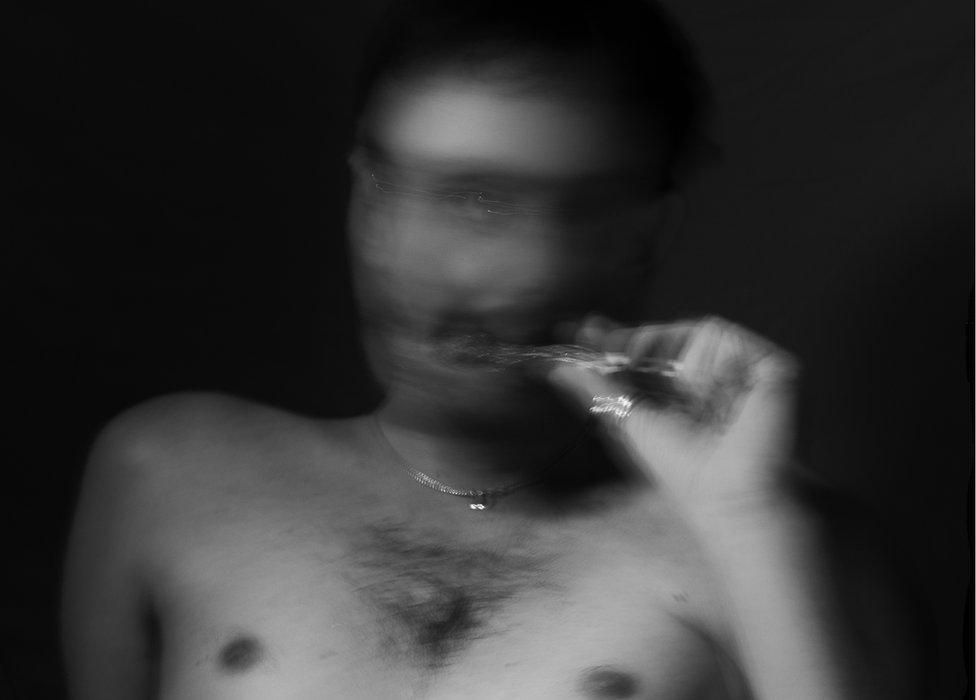
His latest project, What It's Like Being Me, looks at how the condition affects Jack's mental health
Last summer he travelled to the south of France to complete a three-week residency in Arles.
The project concluded with a piece of performance art with him standing in the market, recording people's responses.
"I've never been one to do public performances, but I really wanted to push myself," he said.
"I see a lot of hateful comments on social media. A lot of people sharing their thoughts on disability and a lot are quite negative. So I wanted to see if people would be brave enough to share those thoughts in real life."
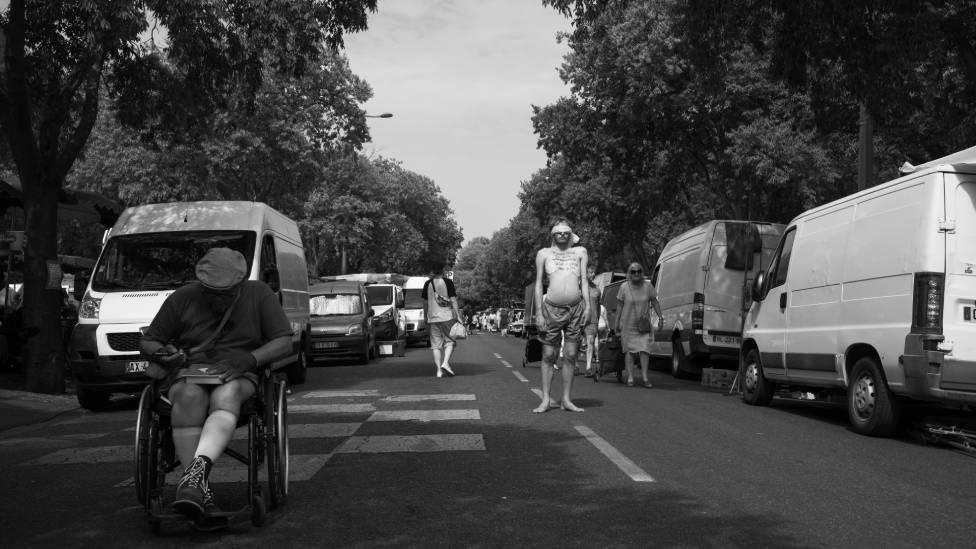
Jack's performance art in the south of France aimed to examine responses to his disability
"I've always been fascinated by what able-bodied people think about disability, about how my disability makes other people feel," he wrote on social media, external.
"I didn't feel necessarily that I was going to get the types of comments that I thought I would.
"I ended up getting a real range of comments. Some of them were negative and what I was expecting, but some them were really positive."
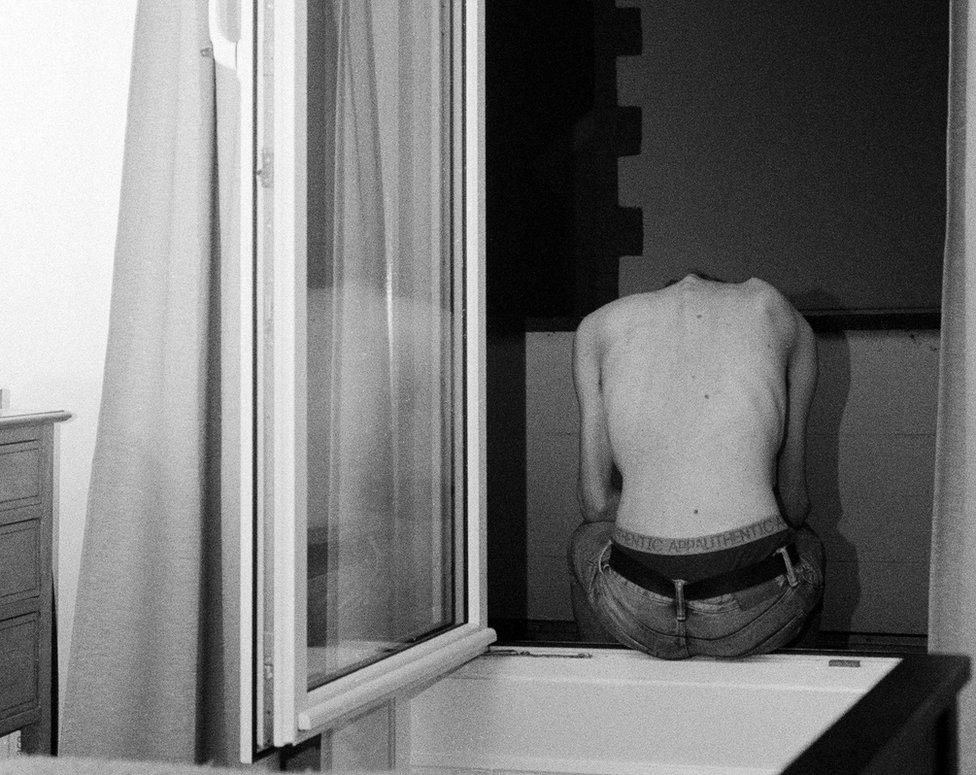
He aims to exhibit his art in Wales to stimulate a debate over life with disability

Jack hopes to exhibit his art in Wales to provoke a debate over living with disability.
Disability Wales, the national association of disabled peoples organisations, said thousands of people complained every year about the lack of mental health support after a life-changing diagnosis.


A CAREER CHANGE WITH A DIFFERENCE: Police new recruits adapt to life on the beat

- Published22 January 2023
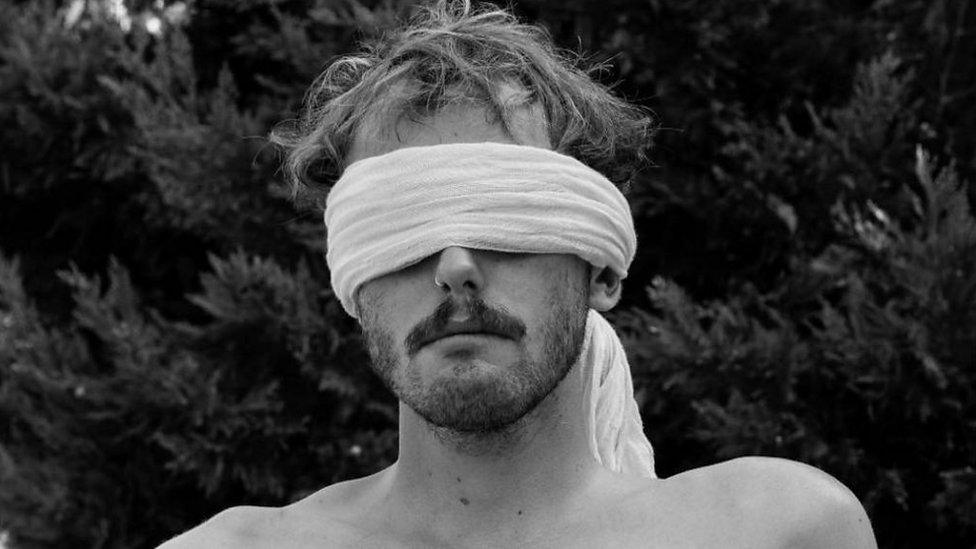
- Published30 December 2022

- Published26 October 2022
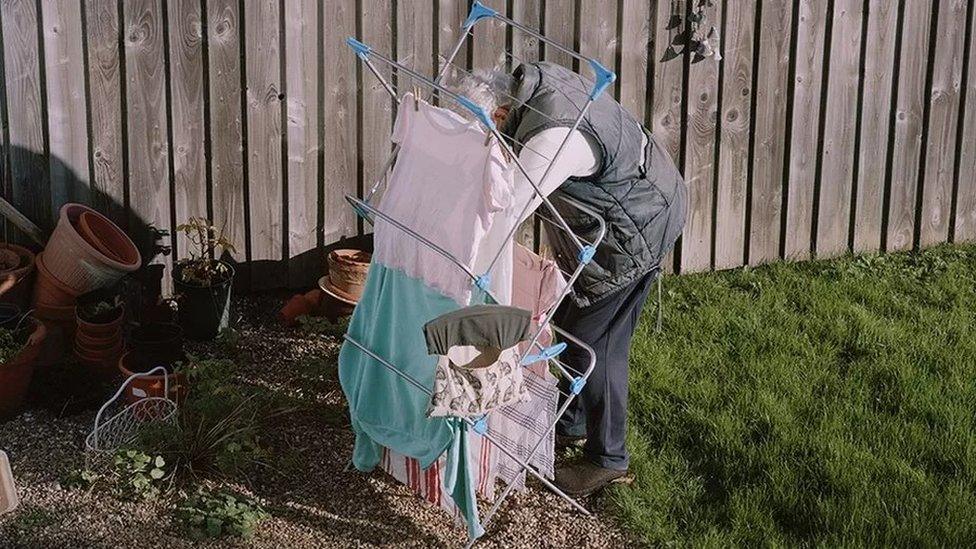
- Published30 August 2018
